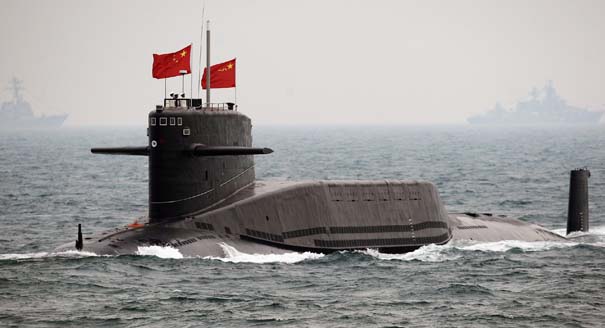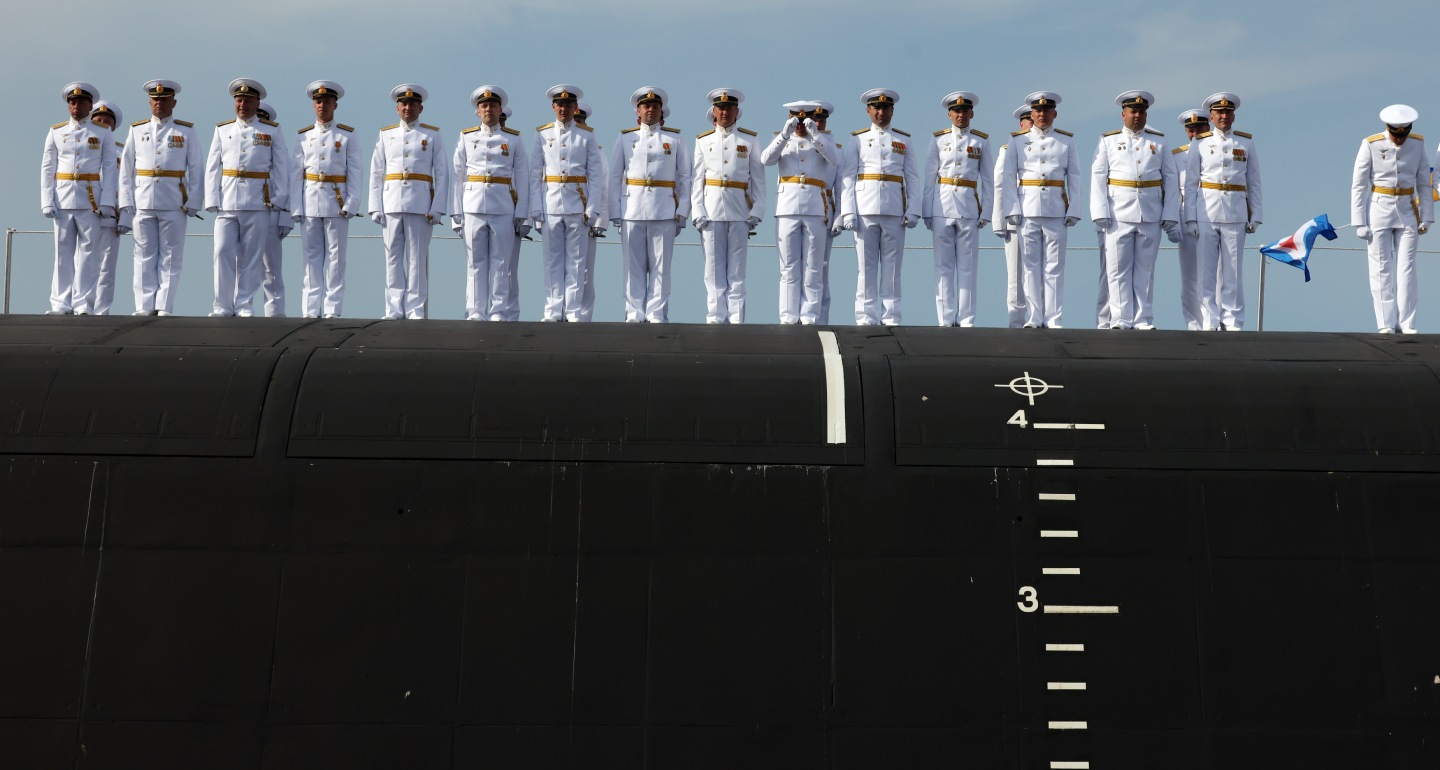Rising tensions over maritime claims in the South China Sea have in recent months metastasized once again to the Senkaku/Diaoyudao Islands in the East China Sea and Dokdo/Takeshima Islets in the Sea of Japan, proving that the origins of the disputes do not all lie with China, although many involve Beijing’s interests, as well as those of Tokyo, Seoul, Hanoi, Manila, Kuala Lumpur, and Bandar Seri Begawan.
The United States fears being dragged into conflicts over minuscule territories, but has an interest in maximum freedom of navigation and preventing aggression. It has urged all parties to show restraint, avoid precipitate behavior, and settle their issues peacefully. All parties pay lip service to a “code of conduct” that would forestall tensions, but a strong and binding code is proving elusive. Given the realities, the situation cries out for a more concrete diplomatic initiative.
The competing sovereign claims are not susceptible to resolution soon, because they engage fundamental national interests and stir complementary nationalist sentiments. With the “correlation of forces” changing in the region, as China’s power and reach increase, Japan confronts fiscal and constitutional constraints, and the United States “rebalances” to the region, there are too many moving parts, and no longer one dominant power or the aftermath of a major war to dictate an outcome. The costs of military solutions would be too great for the stakes in the region. The claimant states will be dissatisfied for a long time; those that occupy the disputed islands will not lightly surrender their positions. Someday far from now, wisdom may prevail and the current administrators will likely control what they administer, but there are growing frictions to manage in the meantime.
Why the new tensions? There is little point here in going into the interesting domestic politics of a leadership transition in China and upcoming elections in Korea and Japan that are undoubtedly fueling the frictions. These are a reality that outsiders cannot do much about except through exhibiting restraint to avoid provoking predictably counterproductive reactions.
Fish and energy. But two factors common to all the disputes are providing fuel for the flames: declining regional (and global) fisheries and a race to capture petroleum, natural gas, and other sea-bottom resources. Here, outsiders can play a helpful role.
With economic transformation, China’s huge population has quintupled its consumption of marine proteins while poisoning and overfishing much of its internal and contiguous waters. Beijing and its local authorities have responsibly promoted fish farming to try to meet the growing demand, while downsizing the fleet that fishes nearby waters. But at the same time, China is paying incentives for more distant fishing by larger and more powerful vessels. This seems a reasonable way to meet the demand for marine products, but it may have an unspoken hidden agenda to press China’s fishermen to create a presence in disputed waters that underscores China’s legal claims.
China is the biggest player, but it is not alone. Vietnam’s reliance on fish and fish exports has grown dramatically in recent years. The Philippines’ fishing captains are similarly motivated. Japan fears Chinese fishing boats will critically deplete declining resources around the Senkaku Islands. Taiwan’s assertive fishermen want their share as well. Each country has initiated fishing seasons, periodic bans, and limits on sizes of catches to support sustainable harvesting, but these are not harmonized and often conflict. Agreement between any two parties is awaiting resolution of their particular territorial disputes, a distant prospect at best.
A further point is that fishermen can be a rough lot, with little regard for the rules and high respect for easy money. A case in point is the landing of Hong Kong-origin protestors on Japan-administered Senkaku territory several weeks ago. Despite the physical obstruction attempted by two Japanese coast guard vessels, the fishermen brought the protestors close enough to swim to shore for a few thousand dollars in payment. The repercussions are still ringing in official protests back and forth. Greater control of the fishing fleets, with effective sanctions on misbehavior under rules agreed upon in common, is a more achievable and responsible goal.
Protecting energy claims. Estimates of the reserves of oil and gas in the South China Sea range from China’s 17.7 billion barrels, larger than Kuwait’s reserves, to as little as 1.7 million potential barrels. The temptations to grab the resources are great, but the payoff in the end may be small.
A strong case can be made that the starting gun in the new dash for petroleum and natural gas in the South China Sea was fired not by China, but by Vietnam, which authorized drilling in disputed blocks in 2006. China and the Philippines have now put blocks up for bids in other contested waters, for fear of losing their access to the resources and probably for fear of the reactions of their publics to not protecting their “rightful claims.” Vietnam has bolstered its GDP with the 7,000 barrels per day it is producing, and the others are envious.
Similarly, much has been made of China’s recent establishment of the Sansha municipality administration and the concomitant establishment of a military garrison in the areas of the South China Sea that China controls. But China’s actions, which have been primarily paper exercises and not changes in the existing conditions, were a direct legal and rhetorical response to Vietnam’s passage of a “law of the sea” in June that prescribed a similar administrative structure over the same disputed territories. This stimulus and response cycle was complicated when the deputy press spokesman at the U.S. State Department issued an official denunciation of China’s moves in July, while failing to mention Vietnam’s previous steps.
The disputes between China and Japan, and between Japan and South Korea, also involve fears of losing access to energy resources, though not as immediately as in the South China Sea. Rivalry over access to fisheries is a driver of the tensions there.
Remove the fuel from the flames of territorial disputes. Now is a good time for diplomats to step forward with proposals for renewing a moratorium on drilling in disputed waters in the absence of a resource-sharing formula. Possibly a troika of Southeast Asian foreign ministers, representing capitals that are both close and not so close to China, could shuttle among the disputants to seek such a formula. The United States at this point probably should not be in the lead, but it should voice strong support for this sort of process, offer technical support, and return to the principle of evenhandedness.
In parallel, a nation that is not a party to these regional disputes can offer good offices toward a harmonized set of rules on fishing with appropriate enforcement mechanisms that will help to sustain and apportion access to marine products over time. Australia comes to mind, perhaps together with another country with a stake in the world’s fisheries and experience in managing them, such as Norway. Fish do not carry passports and the whole world has an interest in their sustainability. Again, Washington’s support and technical assistance could make a major contribution to managing the escalation of the contest for resources.









